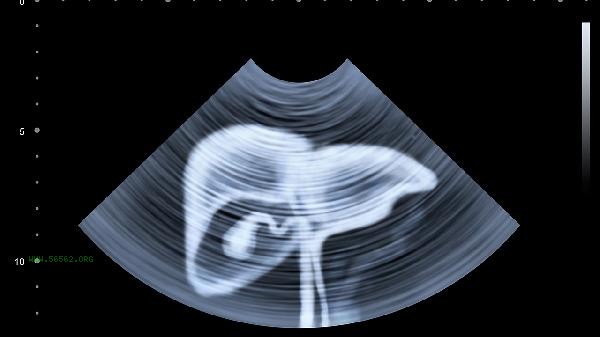Abdominal muscle strains are usually caused by excessive exercise, improper posture, muscle fatigue, external impact, insufficient warm-up, and other reasons. Abdominal muscle strain is mainly characterized by local pain, swelling, and restricted movement. Mild strains can be relieved by rest, and in severe cases, medical treatment is necessary.

1. Excessive exercise
Short term high-intensity abdominal training or repetitive movements such as abdominal rolls and sit ups can easily lead to fiber tears in the rectus abdominis or oblique abdominis muscles. Continuous muscle contraction beyond the tolerance range during exercise can lead to the accumulation of minor injuries. Suggest controlling the duration and intensity of exercise to avoid repeating a single action.
2. Improper posture
Bending and hunching when carrying heavy objects, and unstable core during exercise can cause abnormal stress on abdominal muscles. The wrong way of exerting force can lead to uneven muscle stress and excessive stretching of some muscle fibers. Daily attention should be paid to maintaining the correct posture, and standard movement essentials should be mastered during exercise.
3. Muscle fatigue
Long term lack of exercise followed by sudden exercise or insufficient rest after exercise can reduce muscle elasticity. Under fatigue, the ability of muscle fiber repair decreases, and slight pulling may cause damage. Warm up and stretching should be done before and after exercise to ensure sufficient sleep and help muscles recover.

4. External force impact
When direct violence is applied to the abdomen, such as traffic accidents or sports collisions, it may cause acute tearing injuries to the abdominal muscles. This type of injury is often accompanied by subcutaneous bleeding, severe tenderness, and in severe cases, abdominal hernia may occur. Wear protective gear during adversarial exercise to avoid impact on the abdomen.
5. Insufficient warm-up
Engaging in explosive power training without sufficient warm-up in a low-temperature environment can lead to poor muscle extensibility and the risk of strain. Warming up can increase muscle blood flow and joint mobility. It is recommended to do 10-15 minutes of dynamic stretching before exercise, especially in winter when the warm-up time needs to be extended. After abdominal muscle strain occurs, activity should be stopped immediately. In the initial stage, cold compress can be applied to the affected area to reduce swelling, and after 48 hours, hot compress can be used to promote blood circulation. During the recovery period, avoid weight-bearing and twisting movements, and engage in mild activities such as abdominal breathing. Pay attention to supplementing high-quality protein and vitamin C in diet, which helps with muscle tissue repair. If the pain persists for more than a week or abnormal conditions such as muscle depression occur, timely medical attention should be sought to rule out serious injuries such as tendon rupture.









Comments (0)
Leave a Comment
No comments yet
Be the first to share your thoughts!